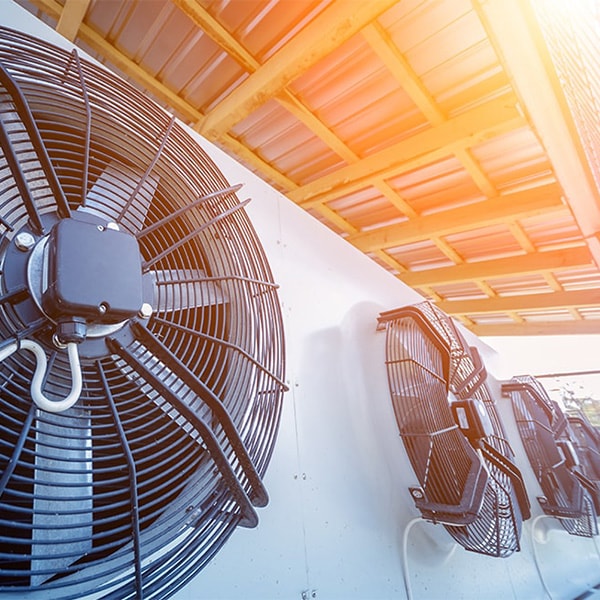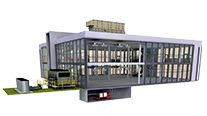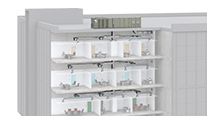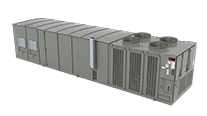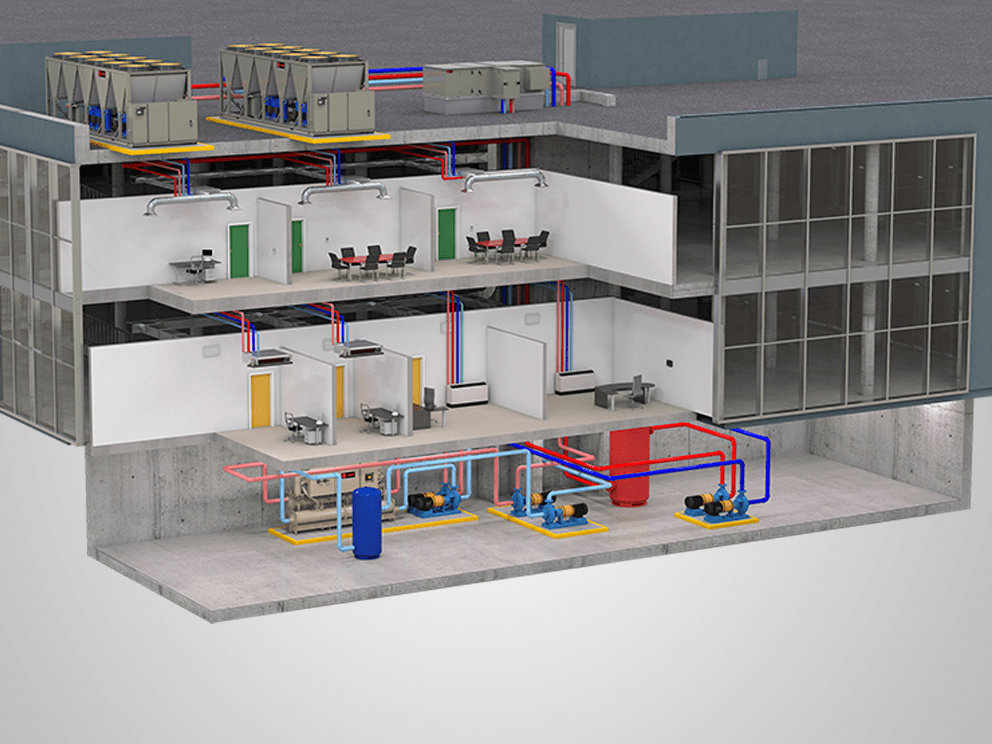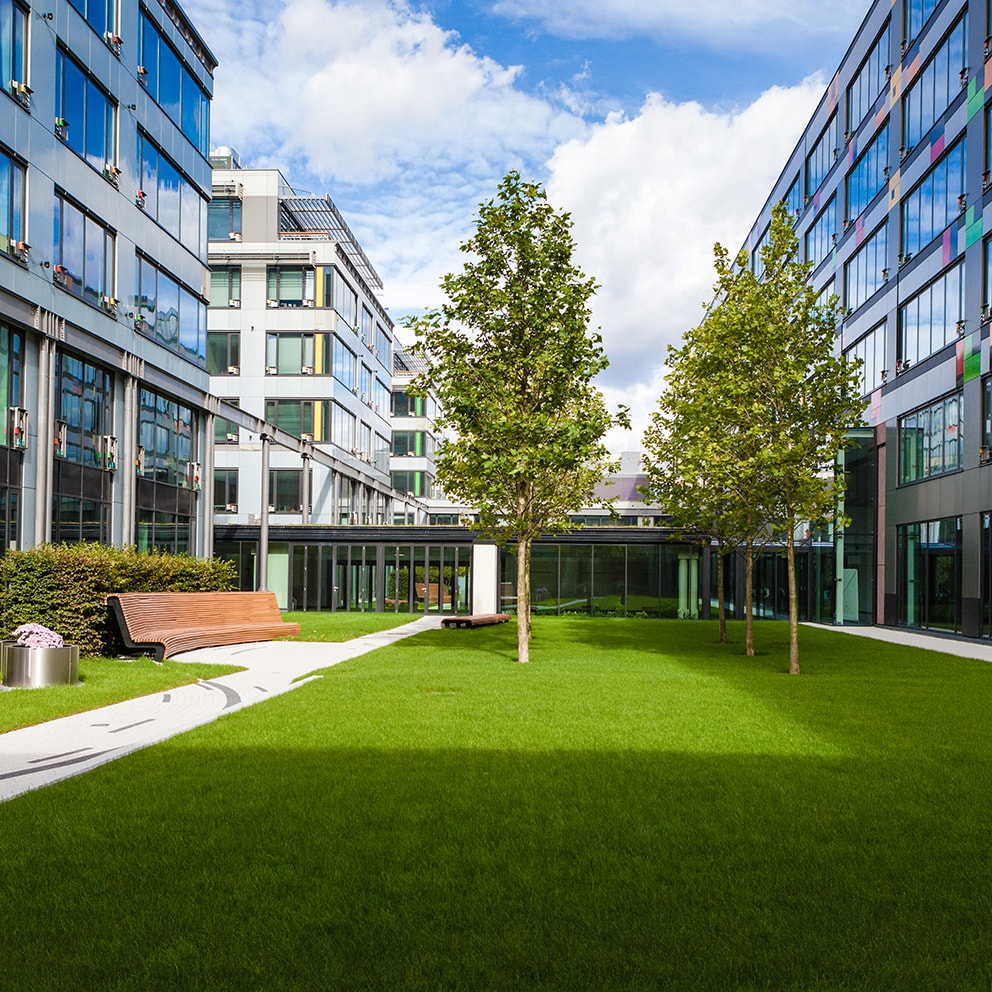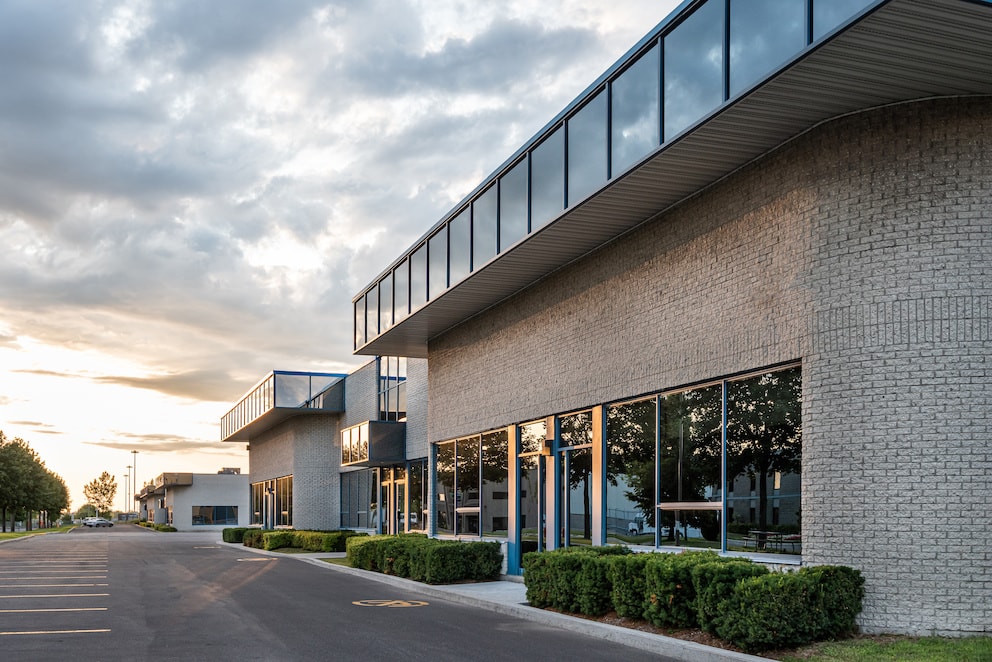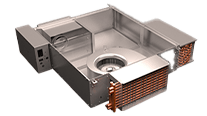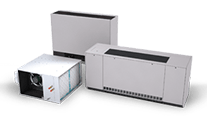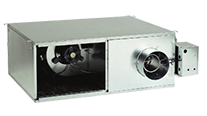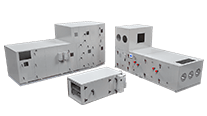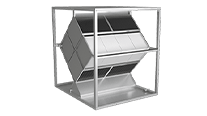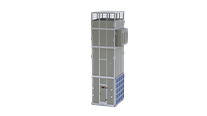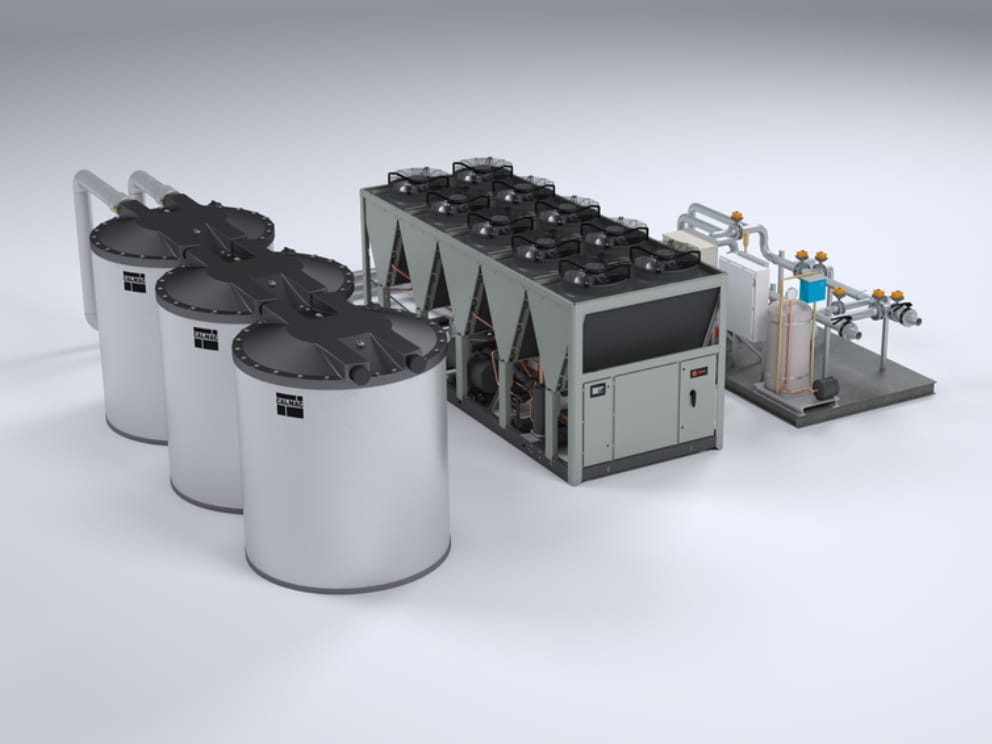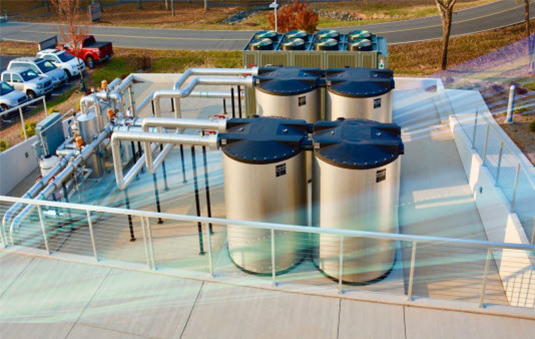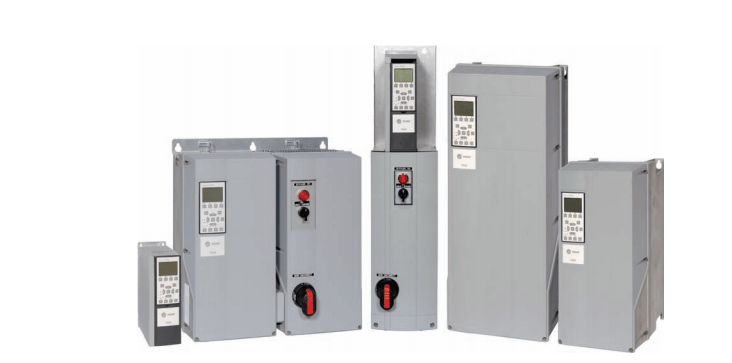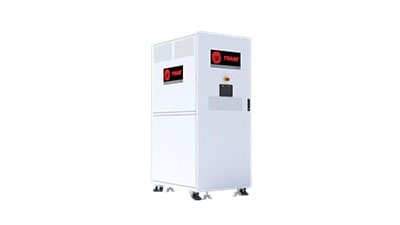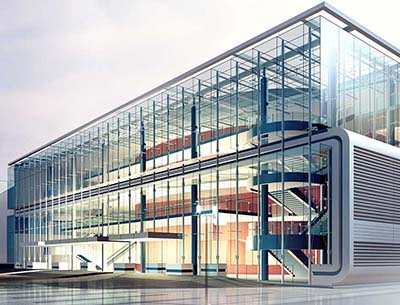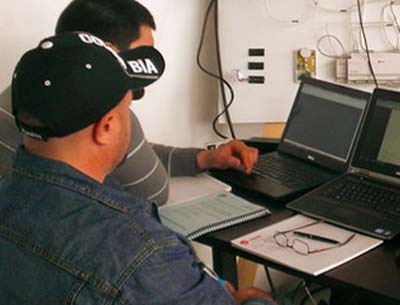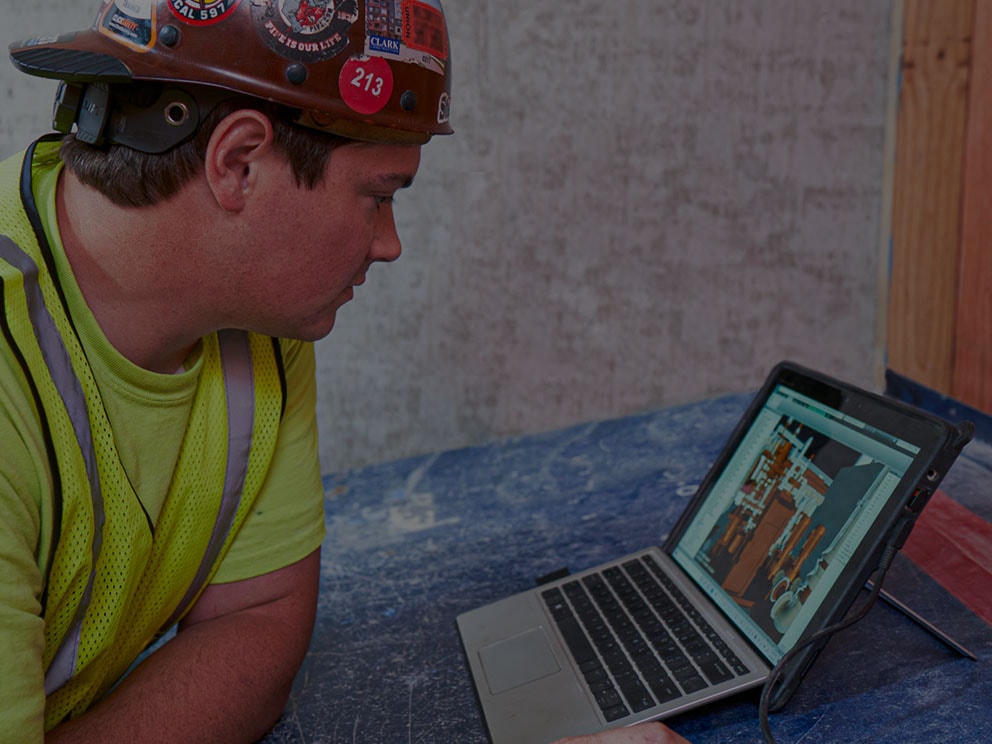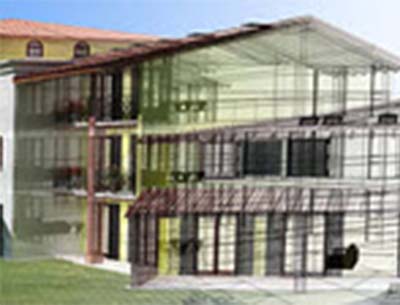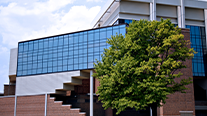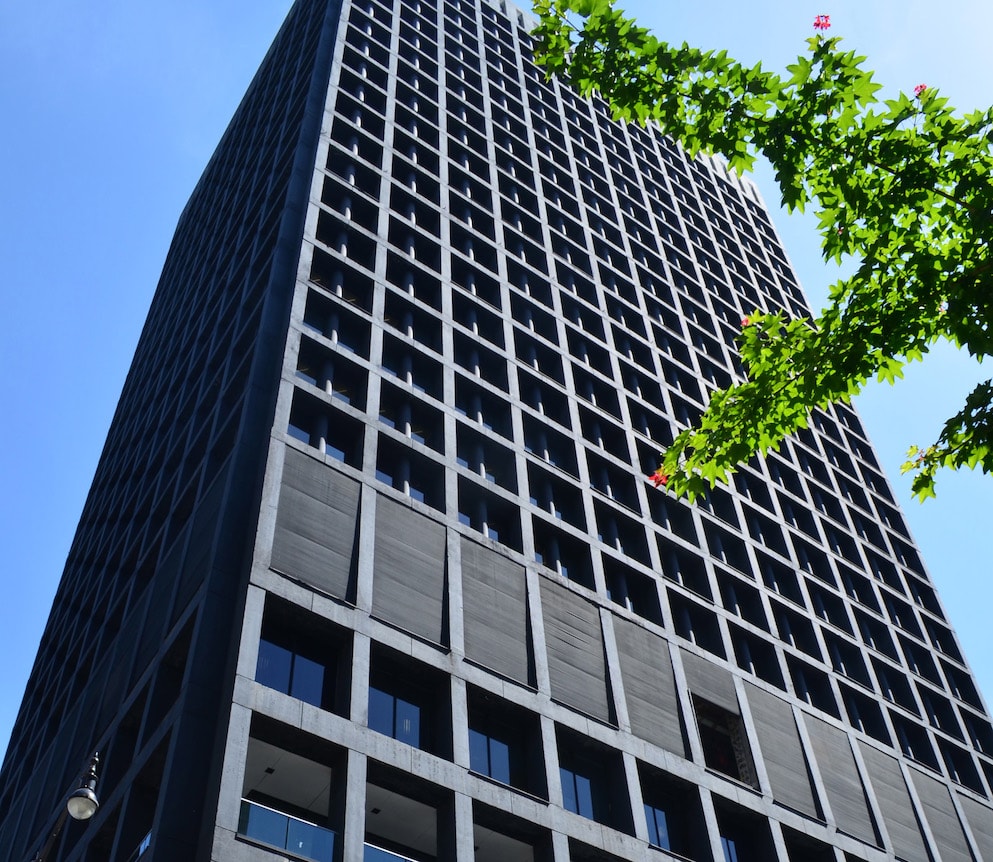Project Highlights
Location: Detroit, Michigan
Industry: K-12
Products Used: Controls, Air Handling
Services Used: Energy Analysis & Monitoring
Topic: Sustainability, Energy Services
- $80,000 Annual energy costs reduced
- $246,000 One-time energy rebate
- 3,500 Students impacted
- 200 Maintenance hours saved
The Challenge
Ypsilanti Community Schools, (YCS) which serves more than 3,500 students in metro Detroit, faced multiple deferred maintenance issues. Outdated and aging infrastructure in the district’s 11 educational buildings was further challenging an already taxed budget and manpower.
Since the district’s existing building automation system wasn’t fully operational, the district’s heating, ventilation and air conditioning (HVAC) technician had to undertake twice-daily boiler-performance-confirmation visits, driving by each school building to confirm smokestack activity indicating an active boiler. The 200 hours this required didn’t include any time spent re-starting and servicing a failed boiler.
When a boiler couldn’t be repaired quickly, leaders had to cancel school entirely until it was operational. With nearly three-quarters of the district’s students receiving free and reduced meals, students who missed school also risked missing meals.
YCS wanted to partner with an experienced energy consulting company that could help identify inefficiencies in their operational budget and develop a long-term sustainability program. Unfortunately, the district lacked sufficient capital funding to complete building upgrades.
The Solution
Based on a strong local presence and a successful 15-year relationship with Trane, YCS turned to the building technology and energy solutions company to address its deferred maintenance challenges. Working with Trane also enabled the district to address funding issues with an energy service performance contract which uses future energy savings to pay for building upgrades. This freed up available district funding for educational staffing, student programs and other student-centered needs.
To implement the first phase of the long-term sustainability project, Trane started with a an energy audit for the schools that allowed them to prioritize the most critical building needs. The team then updated building controls and added a Tracer® Ensemble® building management system (BMS). This enabled district-wide 24/7 remote access to every instructional building. Facilities staff now can monitor building performance in real time and proactively manage building performance.
The BMS increased the HVAC technicians’ bandwidth and productivity by eliminating his twice-a-day smokestack activity-confirmation drive-byes. He is now free to focus on preventative maintenance necessary to keep the equipment in peak condition.
As part of the project, the team also updated existing HVAC systems with variable frequency drives (VFD’s) for increased energy efficiency. Additionally, through low-flow devices, weather-seals, insulation, and various other energy conservation measures the district was able to significantly decrease its energy waste.
To support the district’s strong commitment to STEM education, leaders are working with Trane to launch Trane’s BTU Crew™ energy education program in district classrooms in the upcoming school year. The program teaches students about energy use, leveraging district buildings as a virtual living learning laboratory.
The Results
District leaders now have an ongoing energy partner to whom they can turn and with support from Trane, the district continues to develop a sustainability plan. In collaboration with Trane, they have improved building comfort and other indoor environment quality (IEQ) aspects in district buildings. The improvements reduced annual energy costs by more than $80,000 a year while generating one-time energy rebates of more than $246,000.
The upgrades increased productivity for the district’s HVAC technician, returning more than 200 hours previously required for boiler observation and maintenance Increased systems control helps staff anticipate and address any potential challenges before they become bigger issues. District leaders can count on a consistent predictable academic environment that allows them to focus on their educational mission.
“We are so pleased with Trane’s work on these updates,” said Aaron Rose, director of facilities management “Especially as a former teacher and principal, for me, priority number one is that we have a safe, healthy and comfortable learning environment. Improving student well-being and success is the number one goal for every decision and improvement made in the district.”


